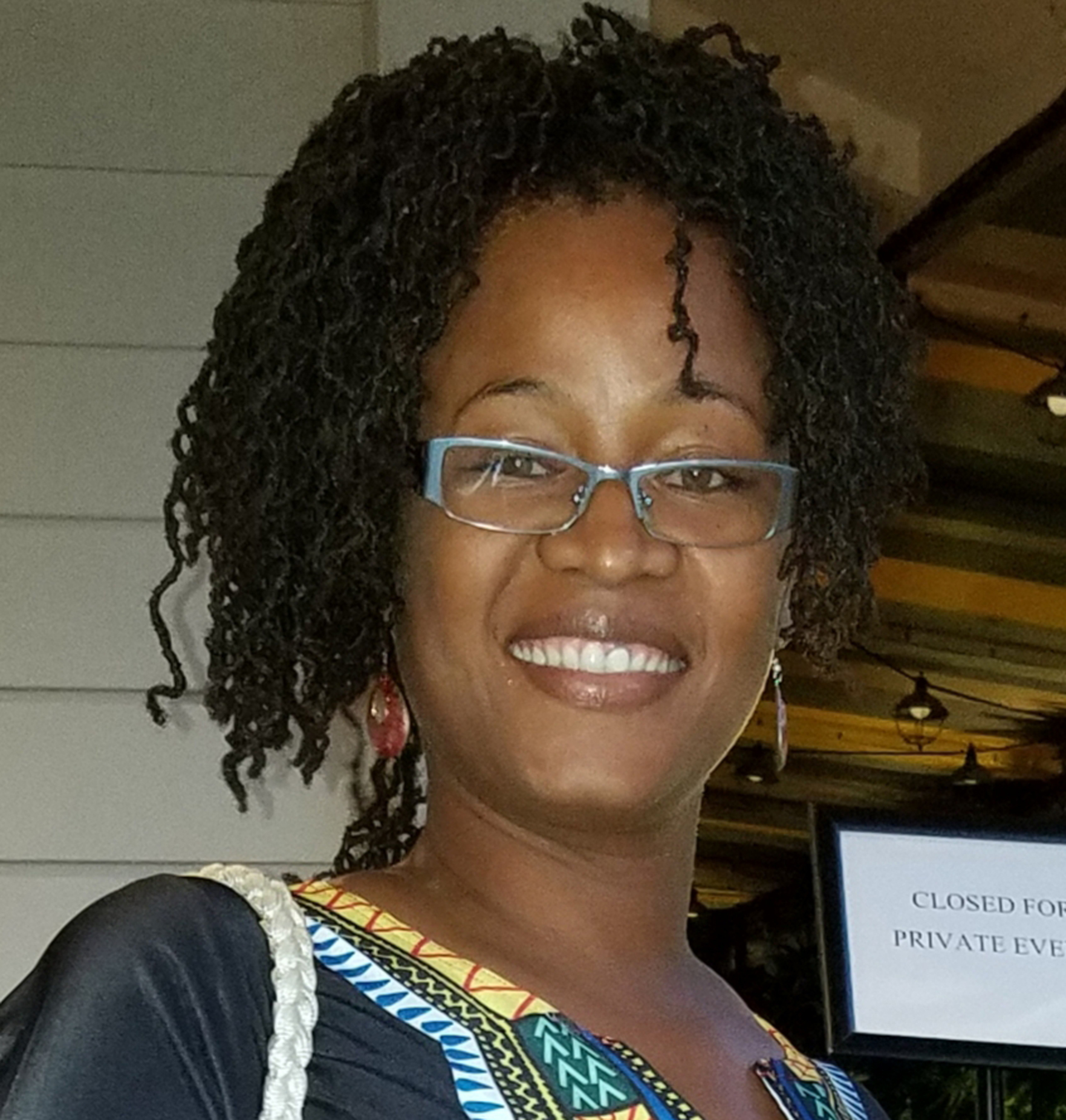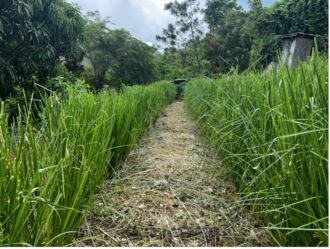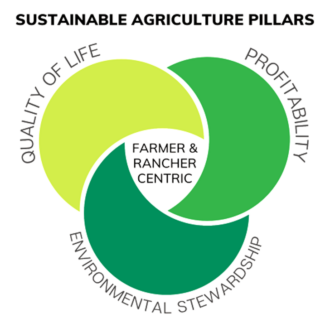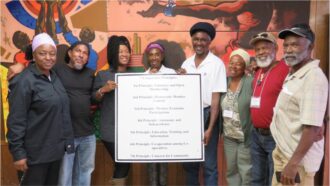Using Vetiver Grass in Tropical Ag to Control Soil Erosion and Improve Water Quality
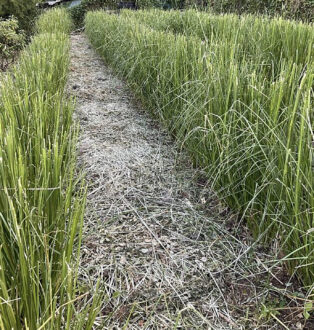
Soil degradation caused by extreme weather events is a limiting factor for successful farming in areas of the tropics, such as the U.S. Virgin Islands. Long periods of drought, coupled with flooding rains, lead to soil erosion and water run-off, decreasing crop yields and impacting livestock production.
Both farmers and ag professionals are turning to vetiver grass as a means of controlling soil erosion, conserving water, stabilizating agriculture slopes, and increasing soil carbon sequestration. Vetiver is a tropical, fast-growing perennial bunch grass with a fibrous, dense and deep root system that is popular across the Caribbean. Farmers are finding that when planted in dense hedgerows, the grass forms a bioterrace, reducing erosion, increasing water infiltration, retaining nitrogen and phosphorus, and stabilizing the soil.
In two separate SARE studies, farmers across the U.S. Virgin Islands are learning how to use vetiver grass in their farming operations.
In a $49,999 Education Grant, the non-profit We Grow Food is partnering with University of Virgin Islands Extension, Natural Resources Conservation Service and Department of Agriculture to increase knowledge of the use of vetiver through conferences, demonstration farms, mentoring and hands-on experiences. The project is intended to teach, train, and guide farmers in the use, propagation, and maintenance of vetiver grass, and to demonstrate how its use can decrease external farming inputs and increase crop productivity.
Additionally, a vetiver nursery has been established for experiential teaching and as a source of plant material for farmers participating in the educational programming. The nursery, which started out with enough plants to provide about 50 slips, can now provide about 35,000 slips, making larger projects using vetiver possible.
In a $19,980 Producer Grant, Laura Martin of Paradise Farm is testing vetiver as a hedgerow for farm pond remediation. Ponds, particularly small earth-built ponds, are vulnerable to wall erosion, water overflow and instability. Martin is theorizing that planting the lower edge of a pond with vetiver will protect the edges of the pond and reduce wall erosion.
Martin is also studying vetiver as a tool for removing pollutants from water and improving water quality. Although there is a significant amount of research on how vetiver can be used to reduce pond wall erosion and to improve water quality, it is still unknown for small farm ponds how many plants are needed per surface area of pond to achieve improvement of water quality, whether plants need to be replaced over time, and if so, at what intervals. Martin’s study is hoping to answer those questions.
State Contacts
SARE State Coordinators are vital for expanding sustainable agriculture training for Extension, NRCS, and other agricultural professionals, who will then help producers transition to a more sustainable agriculture.
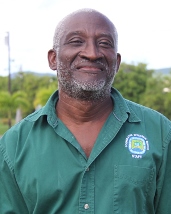
Stafford Crossman
SARE IN THE U.S. VIRGIN ISLANDS
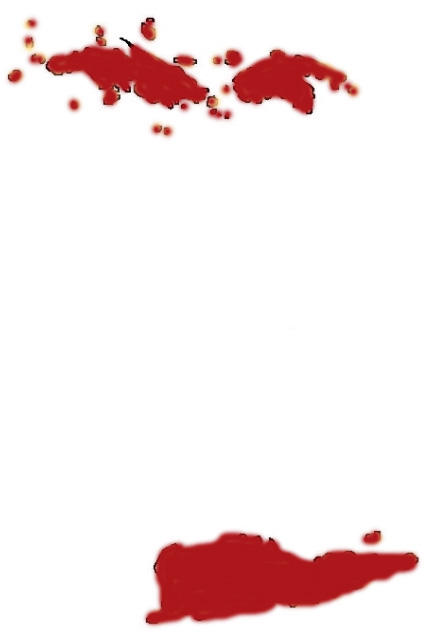
million
The U.S. Virgin Islands Sustainable Agriculture Research and Education (SARE) is a professional development program sponsored by the Southern Region SARE and coordinated by the University of the Virgin Islands.
We work together to deliver a program that enhances the environmental, social, and economic sustainability of the state through research and education. U.S. Virgin Islands SARE partners with researchers, extension faculty, producers, and community organizations to research and implement the best science-based practices available in all aspects of the Virgin Islands agricultural system. In addition to research, SARE is dedicated to providing education in sustainable agriculture through various trainings offered each year.
Recent News From the U.S. Virgin Islands
 New Business Opportunities
New Business Opportunities
Launching Virtual and Live Youth Sustainable Educational Agriculture Program
ST. CROIX, Virgin Islands The Center for Educational Growth (CFEG), an education-based nonprofit organization and hybrid school that offers online and in-person courses for students headquartered in the U.S. Virgin Islands, received a $50,000 Research and Education grant from the Southern SARE (SSARE) program to develop a virtual and in-person youth sustainable education agriculture program […]
